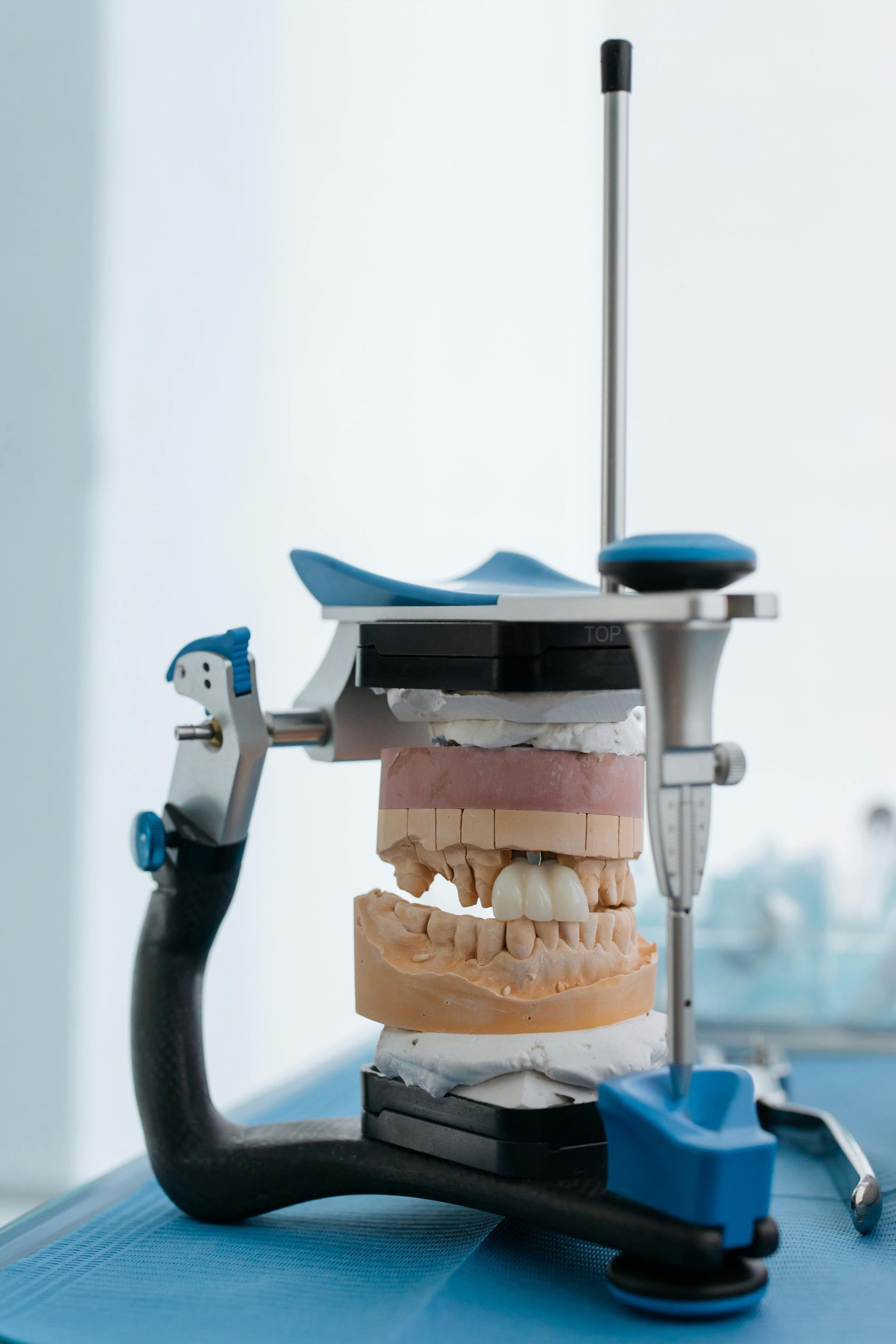Financial Planning for New Dental Practices
Budgeting and Cash Flow Management
Gray-Pilgrim & associates, Bob Gray & Darla Pilgrim | Chambersburg, PA
Starting a new dental practice is an exciting yet challenging venture. As you navigate the complexities of setting up your practice, one of the most critical aspects to focus on is financial planning. Proper budgeting and cash flow management are vital for the long-term success of your practice. This blog will guide you through creating a financial plan, covering essential topics such as initial budgeting, managing cash flow, and securing financing.
1. Initial Budgeting: Setting a Strong Foundation
a. Start-Up Costs
Before opening your doors, you must account for various start-up costs. These typically include:
- Office Space: Whether you're leasing or buying, the location and size of your office will significantly impact your budget.
- Equipment: Dental chairs, X-ray machines, sterilization equipment, and other essential tools can be a substantial investment.
- Technology: Practice management software, computers, and digital imaging systems are necessary for modern practices.
- Marketing: Initial marketing efforts, including website development, social media, and local advertising, should be factored into your budget.
- Licensing and Legal Fees: Ensure all necessary permits, licenses, and legal fees are accounted for.
Creating a detailed budget that covers all start-up costs will help you avoid unexpected expenses and provide a clear roadmap for your financial journey.
b. Operating Expenses
Once your practice is up and running, you'll need to manage ongoing operating expenses. These include:
- Staff Salaries: Hiring qualified staff is essential, but it’s important to budget for their salaries, benefits, and training costs.
- Rent or Mortgage Payments: Your office space will be a recurring expense that needs careful consideration.
- Utilities and Supplies: Monthly bills, dental supplies, and office materials are all part of your regular expenses.
- Insurance: Professional liability insurance, property insurance, and health insurance for your staff are necessary costs.
- Loan Repayments: If you've secured financing, be sure to include loan repayments in your budget.
Establishing a budget for operating expenses helps ensure that your practice remains financially stable and can sustain its growth over time.
2. Managing Cash Flow: Keeping Your Practice Afloat
Cash flow management is crucial for any business, but it’s especially important in the early stages of a dental practice. Here’s how to manage it effectively:
a. Monitor Cash Flow Regularly
Keep a close eye on your cash flow by tracking all incoming and outgoing funds. Regular monitoring allows you to identify patterns, predict shortages, and make informed decisions. Consider using accounting software that integrates with your practice management system to streamline this process.
b. Maintain a Cash Reserve
Building and maintaining a cash reserve can help you weather financial storms. Aim to have at least three to six months' worth of operating expenses saved. This reserve can cover unexpected costs or periods of low revenue.
c. Control Expenses
While it’s tempting to invest in the latest equipment and technology, it’s essential to balance these investments with your cash flow. Focus on essential purchases and consider leasing equipment or buying used items to reduce costs.
d. Invoice Promptly and Follow Up on Payments
Ensure that you invoice patients and insurance companies promptly. Late payments can severely impact your cash flow, so it’s crucial to have a system in place for following up on overdue accounts. Offering flexible payment plans can also encourage timely payments.
3. Securing Financing: Finding the Right Financial Support
Securing financing is often necessary to cover start-up costs and ensure smooth operations during the initial stages of your practice. Here are some options to consider:
a. Traditional Bank Loans
Many dentists opt for traditional bank loans to finance their practice. These loans typically offer competitive interest rates and flexible terms. However, they often require a solid business plan and good credit history.
b. SBA Loans
Small Business Administration (SBA) loans are another popular option. These loans are partially guaranteed by the government, making them more accessible to new business owners. SBA loans generally offer lower down payments and longer repayment terms.
c. Equipment Financing
If your primary need is to purchase equipment, consider equipment financing. This type of loan is specifically designed for buying equipment, with the purchased items serving as collateral. It often requires a smaller down payment and offers favorable interest rates.
d. Dental-Specific Lenders
Some financial institutions specialize in lending to dental professionals. These lenders understand the unique needs of dental practices and can offer customized financing solutions. They may also provide additional resources, such as financial planning and practice management advice.
4. Developing a Long-Term Financial Plan
Beyond initial budgeting, cash flow management, and securing financing, it's important to develop a long-term financial plan. This plan should include:
- Revenue Projections: Estimate your expected revenue based on patient volume, service pricing, and growth plans.
- Expense Forecasting: Predict future expenses, including staff expansion, equipment upgrades, and marketing efforts.
- Debt Management: Plan for the repayment of any loans or lines of credit.
- Retirement Planning: Consider long-term goals such as retirement and the eventual sale of your practice. A dental-specific accountant can help you develop a retirement plan that aligns with your financial goals.
Financial planning is a critical component of establishing and growing a successful dental practice. By creating a detailed budget, managing your cash flow effectively, and securing the right financing, you'll set a solid foundation for your practice's future. Working with a dental-specific accountant can further enhance your financial planning, helping you navigate the complexities of the dental industry and achieve long-term success.
422 Epic Dr, Chambersburg, PA 17201









